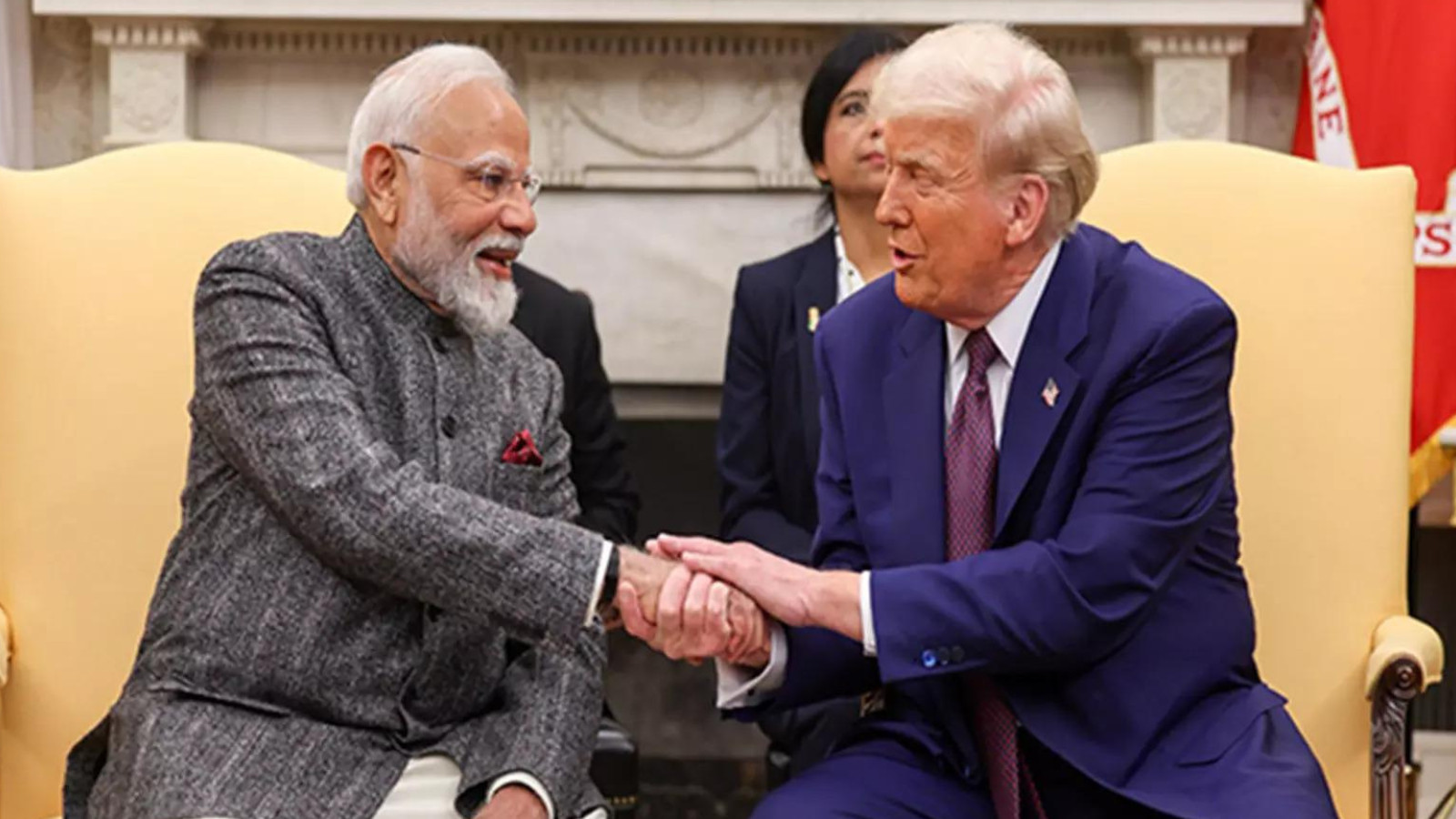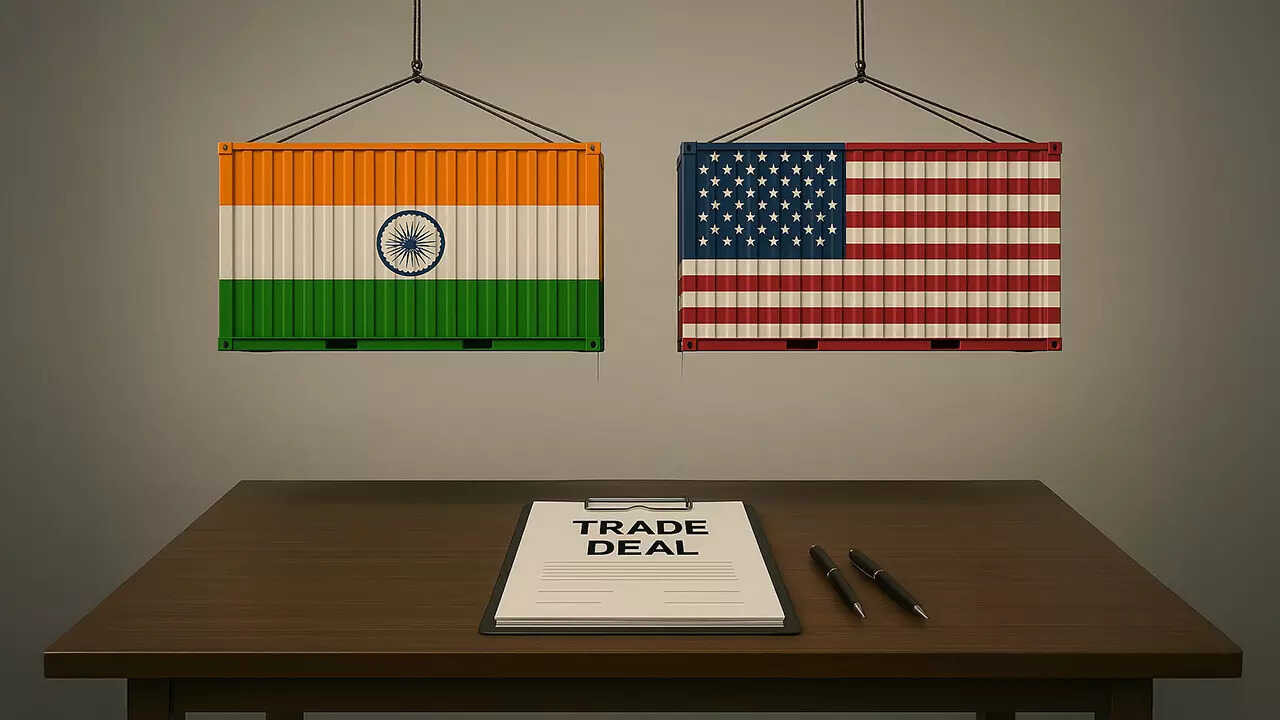Team GST is convening to address the tax slabs on various services, including hotel rooms, air travel, and banking, with potential rate adjustments under consideration. While some services like casino entry fees may face higher taxes, there’s a push to ease rates on common services like apartment maintenance charges.
Navigating the GST Maze: What’s Happening with Hotel Rooms, Casinos, and Services?
The ever-shifting landscape of Goods and Services Tax (GST) in India continues to be a hot topic, especially when it comes to sectors like hospitality and entertainment. If you’re planning a getaway, a flutter at a casino, or simply rely on various everyday services, you’ve probably wondered how GST impacts your wallet. Let’s break down the recent developments and shed some light on where things stand.
Hotel Rooms: A Tale of Two Tax Brackets
The GST on hotel rooms has always been a bit of a tiered system, and that continues to be the case. The good news is that if you’re opting for more budget-friendly accommodations, you might catch a break. Rooms priced below ₹1,000 per night are exempt from GST. That’s right – zero tax! This is great news for backpackers, budget travelers, and those seeking a simple, affordable stay.
However, for those seeking a bit more luxury or simply requiring higher-priced lodging, the GST kicks in. Rooms priced above ₹1,000 but below ₹7,500 attract a 12% GST. For the top-tier hotels and suites exceeding ₹7,500 per night, a hefty 18% GST is applicable. Therefore, understanding the room rate is key to factoring in the overall cost of your stay.
Casino Conundrums: What’s the Deal with GST on Gaming?
Casinos have been under intense scrutiny regarding GST, and recent updates have brought significant changes. The big news? A uniform 28% GST now applies on the full face value of bets placed. Previously, there was some debate regarding whether the tax applied to the gross gaming revenue or the total bet amount. Now, the ambiguity is gone: the tax is on every bet you place.

This decision has sparked debate, with some arguing it could potentially impact the gaming industry and deter players. The increased tax burden might lead to higher prices for casino services or even a shift towards unregulated, offshore platforms. Whether this change will ultimately benefit or hinder the casino sector remains to be seen, but its impact will be closely monitored. You can read more about taxation affecting consumer spending in India.
Services Under the Scanner: A Mixed Bag
Beyond hotels and casinos, a wide array of services are subject to GST. The standard GST rates are 18% for most services, but certain categories enjoy reduced rates or even exemptions. For example, essential healthcare services often fall under the exempt category, while transportation services might attract a lower GST rate.
Understanding the specific GST rate applicable to a service can be tricky, as it often depends on the nature of the service and the specific exemptions or concessions granted by the government. It’s always advisable to inquire about the GST component when availing any service to avoid surprises on your final bill. Many businesses are now obligated to display GST information prominently, ensuring greater transparency for consumers.
Why All the Fuss About GST?
GST, in essence, is designed to streamline the indirect tax system in India. It aims to eliminate the cascading effect of taxes (tax on tax) and create a unified national market. However, the implementation and ongoing adjustments have presented challenges, especially in sectors like hospitality and entertainment, where tax rates can significantly impact consumer demand and business profitability.
Navigating the complexities of GST requires vigilance. Staying informed about the latest amendments and understanding how they affect different sectors is crucial for both businesses and consumers. It’s a continuous learning process as the government fine-tunes the system to achieve its intended goals.
The Road Ahead: Looking to the Future
The GST landscape is dynamic. As the Indian economy evolves, we can expect further refinements and adjustments to the GST structure. While these changes can sometimes feel disruptive, they ultimately aim to create a more efficient and transparent tax system that supports economic growth and development. As consumers and businesses, staying informed and adapting to these changes will be key to navigating the GST maze successfully. We’ll continue to monitor these developments and provide updates as they unfold.







